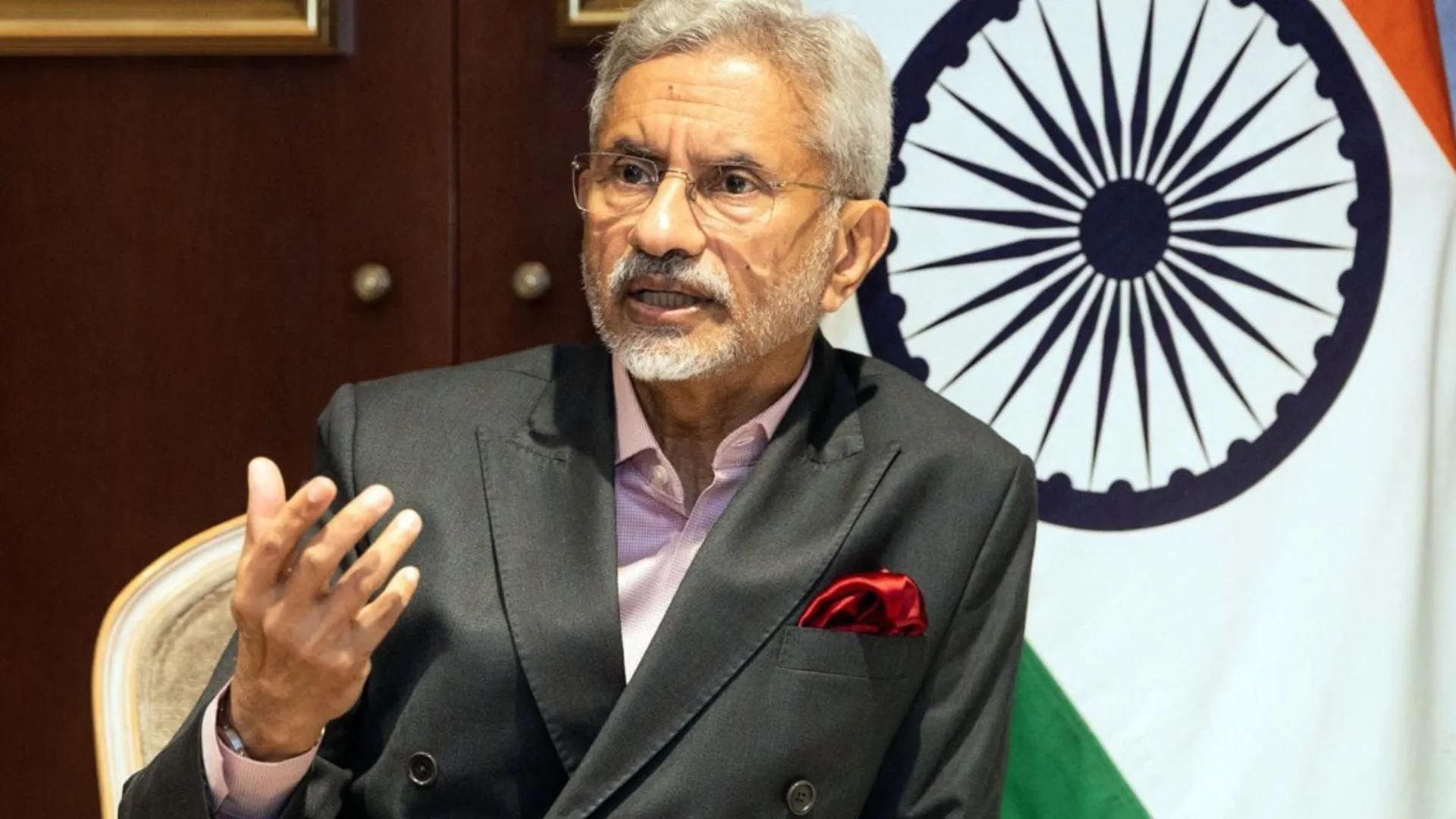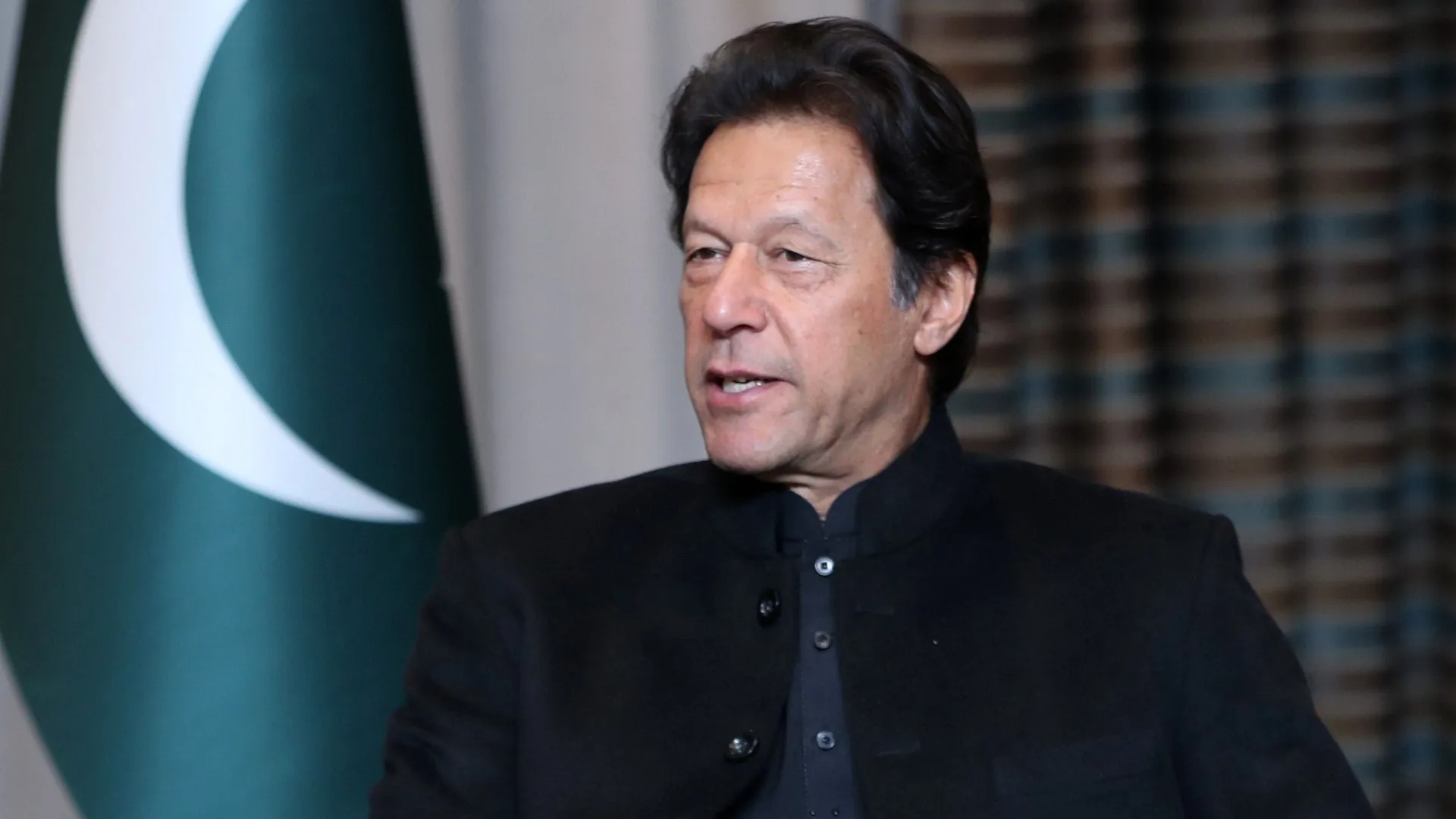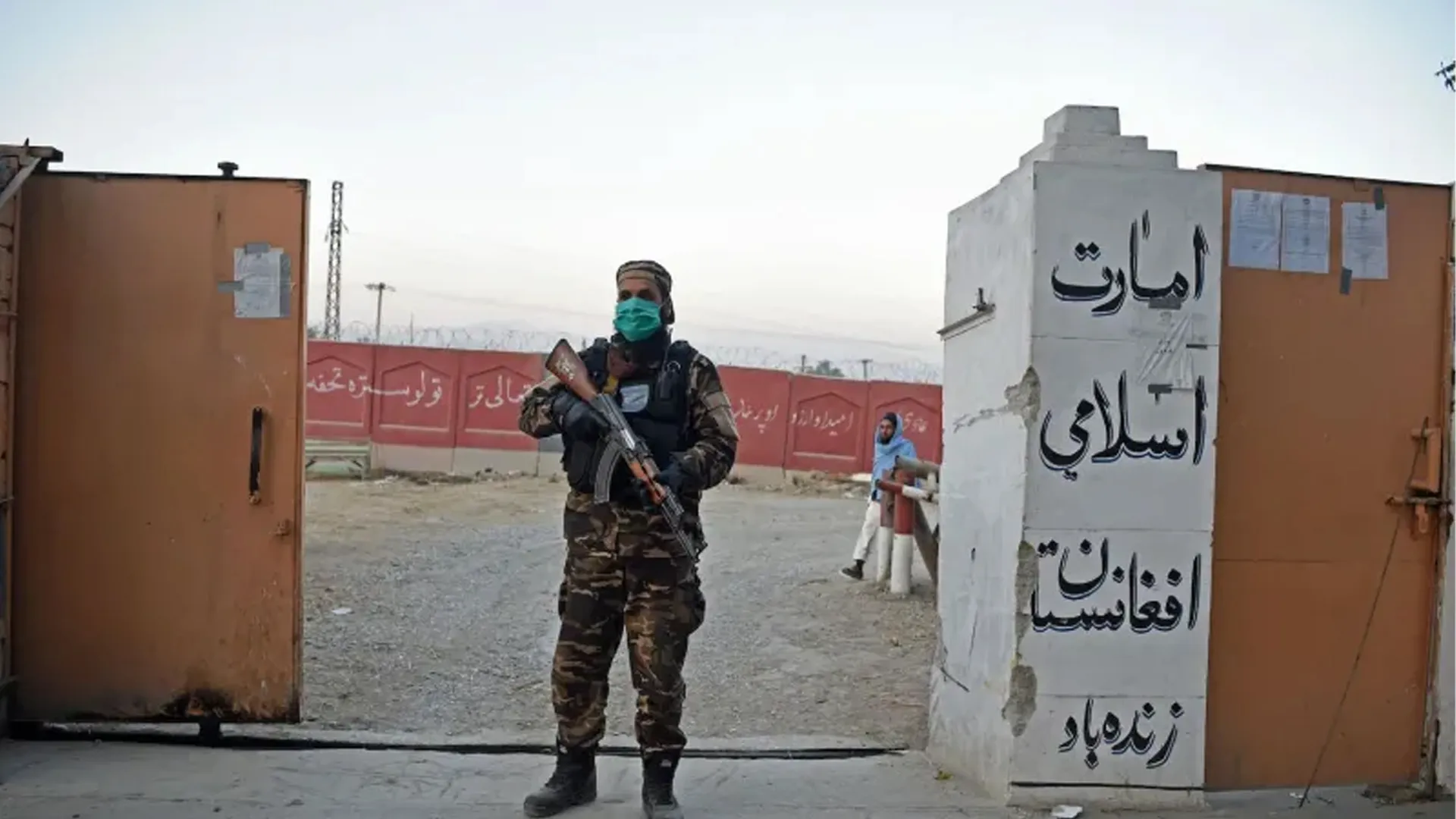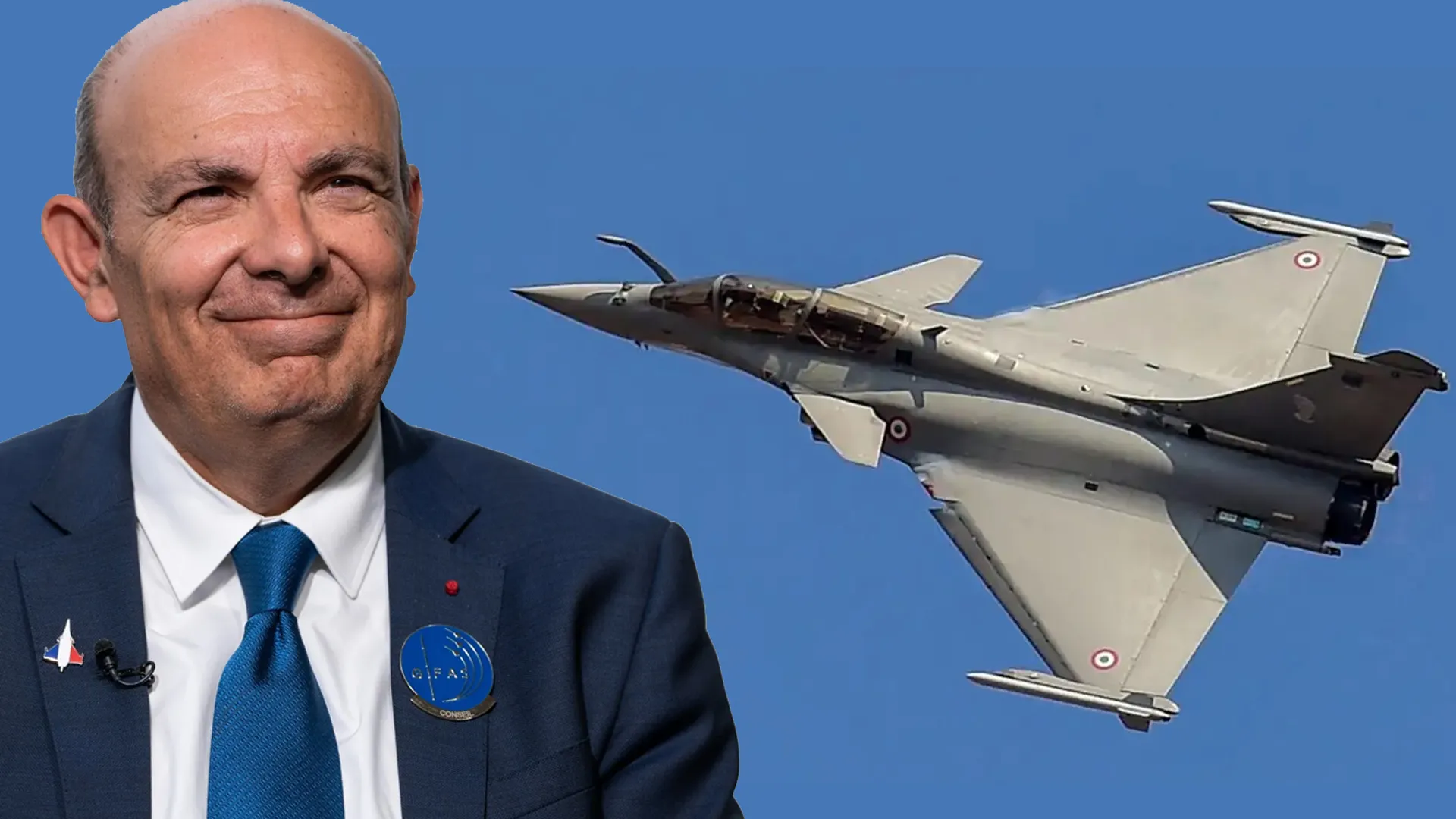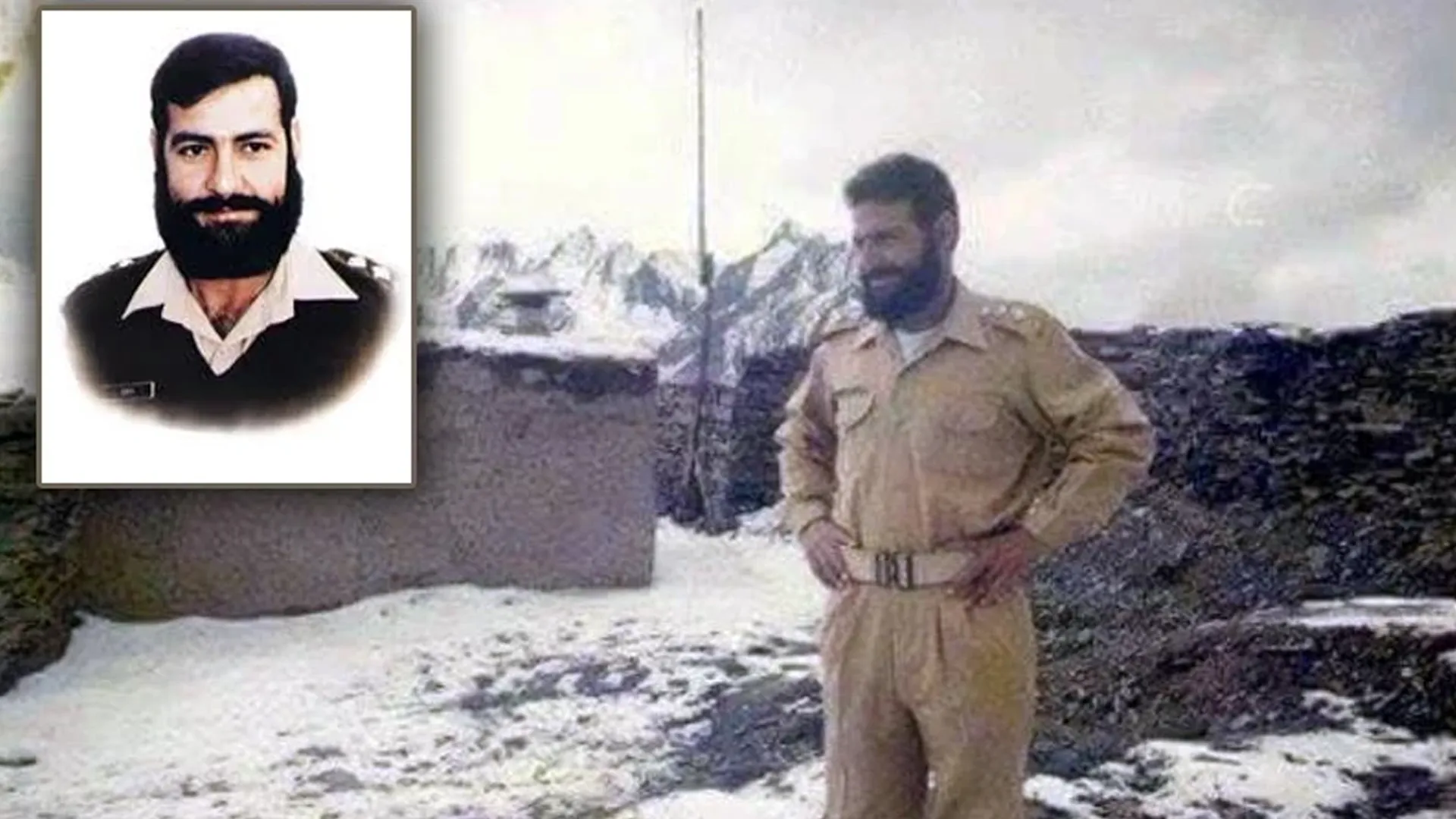External Affairs Minister S Jaishankar has stated that India and Pakistan were “very far away” from a nuclear conflict during their recent hostilities, thanks to India’s restrained and calculated military action against terrorist targets.
India Took Measured Action on Terror Targets
In an interview with Frankfurter Allgemeine Zeitung during his visit to Germany, Jaishankar emphasised that India’s strikes were directed solely at terrorist facilities. He clarified that the steps taken were “very measured, carefully considered and non-escalating,” dismissing speculation about the potential for a nuclear crisis.
Narratives on Nuclear Threats Aid Terrorism, Warns EAM
Highlighting the dangers of exaggerating nuclear threats, Jaishankar remarked, “There is a narrative as if everything that happens in our part of the world leads directly to a nuclear problem. That disturbs me a lot because it encourages terrible activities like terrorism.”
He criticised Pakistan’s open support of terrorism, saying, “In Pakistan, terrorism is a very open business. A business that is supported, financed, organised and used by the state. And by their military.”
Jaishankar also pointed to the presence of Pakistani names and places on the UN Security Council’s terror list, stressing that these are the very places India targeted.
Operation Sindoor: A Message to Terrorists
India launched Operation Sindoor on May 7, in retaliation for the Pahalgam terror attack that killed 26 civilians. The operation struck terrorist infrastructure at nine locations in Pakistan-controlled territories, triggering four days of military exchanges involving drones, missiles, and long-range weapons.
The firing stopped on May 10 after both sides agreed to cease hostilities. Jaishankar said, “The cessation of firing was agreed between the military commanders of both sides through direct contact… I thank the Indian military because it was the Indian military action that made Pakistan say: We are ready to stop.”
He underlined that the response sent a clear message to terrorists: “There is a price to be paid” for attacks like Pahalgam. He also said international partners understood that “terrorism has to be responded to and terrorists must not be allowed to get away with attacks.”
Pakistan’s Use of Chinese Weapons Raises Concerns
Responding to a question about China’s involvement, Jaishankar noted that many weapons used by Pakistan are of Chinese origin. “The two countries are very close. You can draw your own conclusions from that,” he said.
India’s Conflicts Are Different from Europe’s, Says Jaishankar
Jaishankar also addressed questions on India-Germany disagreements over the Russia-Ukraine war. He asserted that bilateral ties should rest on shared interests, not imposed concerns.
“For you in Europe, other concerns and worries are more important than for me in Asia. When you think of conflict, you think of Ukraine. When I think of conflict, I think of Pakistan, terrorism, China and our borders,” he said.
He pointed out that while Europe speaks about international rules in the Ukraine context, India faces regular violations of its borders by Pakistan and China. “So when you talk about borders and territorial integrity, I ask you: What about my borders?” Jaishankar added.
India a Reliable Global Partner, Says Jaishankar
Jaishankar concluded by emphasising the importance of partnerships with countries like India in an increasingly uncertain world. “All Germany needs is friends like India,” he said, adding that Germany, as a major economy and technological powerhouse, is beginning to make independent decisions on global issues.

